
Nijmegen is the largest city in the Dutch province of Gelderland and the tenth largest of the Netherlands as a whole. Located on the Waal River close to the German border, Nijmegen is the oldest city in the Netherlands and the first to be recognized as such in Roman times. In 2005, it celebrated 2,000 years of existence.
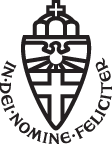
Radboud University (abbreviated as RU, Dutch: Radboud Universiteit, formerly Katholieke Universiteit Nijmegen) is a public research university located in Nijmegen, the Netherlands. The university bears the name of Saint Radboud, a 9th century Dutch bishop who was known for his intellect and support of the underprivileged.

John Berchmans, SJ was a Jesuit scholastic and is revered as a saint in the Catholic Church.
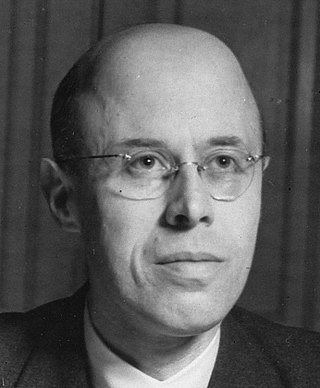
Louis Joseph Maria Beel was a Dutch politician of the defunct Roman Catholic State Party (RKSP) and later co-founder of the Catholic People's Party (KVP) now the Christian Democratic Appeal (CDA) party and jurist who served as Prime Minister of the Netherlands from 3 July 1946 until 7 August 1948 and from 22 December 1958 until 19 May 1959.
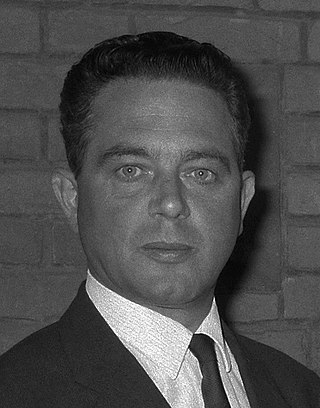
Victor Gerard Marie Marijnen was a Dutch politician of the defunct Catholic People's Party (KVP) now the Christian Democratic Appeal (CDA) party and jurist who served as Prime Minister of the Netherlands from 24 July 1963 until 14 April 1965.
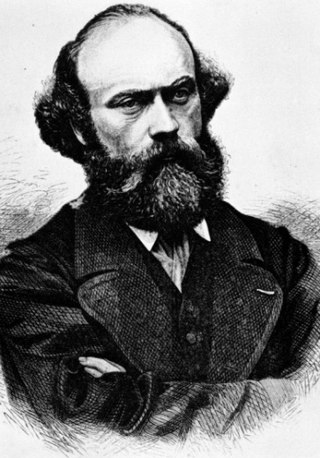
Petrus Josephus Hubertus "Pierre" Cuypers was a Dutch architect. His name is most frequently associated with the Amsterdam Central Station (1881–1889) and the Rijksmuseum (1876–1885), both in Amsterdam. More representative for his oeuvre, however, are numerous churches, of which he designed more than 100. Moreover, he restored many monuments.

Peter Hans Kolvenbach was a Dutch Jesuit priest and professor who was the 29th superior general of the Society of Jesus, the largest male Catholic religious order.

The Catholic Church in the Netherlands is part of the worldwide Catholic Church under the spiritual leadership of the Pope in Rome. Its primate is the Metropolitan Archbishop of Utrecht, currently Willem Jacobus Eijk since 2008. In 2015 Catholicism was the single largest religion of the Netherlands, forming some 23% of the Dutch people, based on in-depth interviewing, down from 40% in the 1960s.
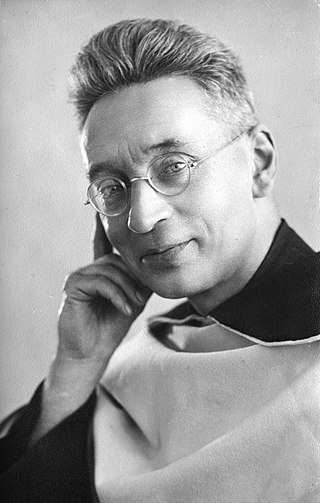
Titus Brandsma, OCarm was a Dutch Carmelite friar, Catholic priest and professor of philosophy. Brandsma was vehemently opposed to Nazi ideology and spoke out against it many times before the Second World War. He was imprisoned at the Dachau concentration camp, where he was murdered. He was beatified by the Catholic Church in November 1985 a martyr of the faith and canonized as a saint on 15 May 2022 by Pope Francis.

St. John's College is a private Catholic selective secondary school for boys and private co-educational university college, located in Belize City, Belize. Founded in 1887 by the Society of Jesus as St. John Berchmans' College, a high school for boys only, it has since grown and now offers a wide variety of liberal arts and science courses at the secondary, British A-level, and United States junior college levels.
The Radboud University Medical Center, is the teaching hospital affiliated with the Radboud University Nijmegen, in the city of Nijmegen in the eastern-central part of the Netherlands.

De Krijtberg Kerk is a Roman Catholic church in Amsterdam, located at the Singel. The church was designed by Alfred Tepe and was opened in 1883. The exuberant interior was made by Friedrich Wilhelm Mengelberg.

De Haar Castle is located in Utrecht, Netherlands. It is the largest castle in The Netherlands.
Thomas P. O'Malley was an American Jesuit and academic. O'Malley was the president of John Carroll University from 1980 until 1988 and Loyola Marymount University from 1991 until 1999. He later became a professor at Boston College after leaving Loyola Marymount in 1999.

Augustinus Franciscus Henri Falise was a Dutch sculptor and medailleur. Next to smaller sculptures he designed large monuments of public figures in stone or messing which are still present in many towns in the Netherlands.

Victor Eugène Louis de Stuers was a Dutch art historian, lawyer, civil servant and politician. Widely regarded as the father of historic preservation in the Netherlands, he played a notable part in keeping Girl with a Pearl Earring, by Vermeer, from being sold abroad.

St Peter Canisius Church, also known as Molenstraatkerk, is a Roman Catholic Parish church in Nijmegen, Gelderland, Netherlands. It is situated on Molenstraat in the centre of the city. It is run by the Society of Jesus and is in the Diocese of 's-Hertogenbosch. It is built on the site of a 14th-century monastery, which was passed into the hands of the Jesuits in 1818. It was rebuilt in 1896 and again in 1960 after being bombed in the Second World War.
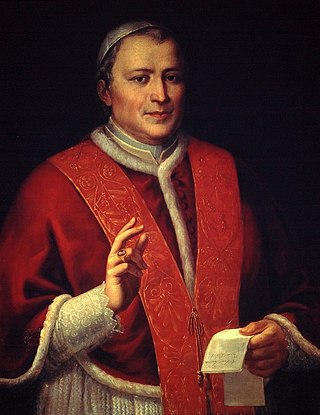
On 4 March 1853, Pope Pius IX restored the episcopal hierarchy in the Netherlands with the papal bull Ex qua die arcano, after the Dutch Constitutional Reform of 1848 had made this possible. The re-establishment of the episcopal hierarchy led to the April movement protest in 1853.
The following is a timeline of the history of the municipality of Nijmegen, Netherlands.

Josephus Theodorus Joannes Cuypers was a Dutch architect; primarily known for his Catholic churches.
























